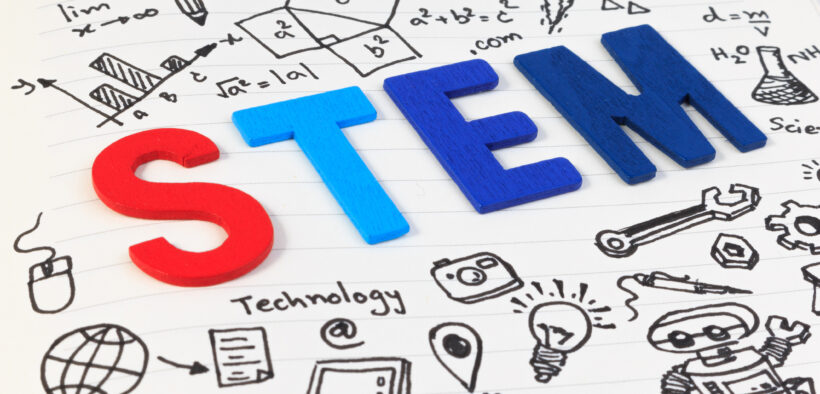Why Puerto Rico’s future depends on STEM education from early grades

Raúl Burgos argues that early STEM education and digital literacy are key to the island’s economic future.
As Puerto Rico continues to face economic uncertainty, the conversation often circles around strategies for sustainable development. We talk about attracting investment, boosting tourism and modernizing infrastructure.
Yet a critical piece of the puzzle is often overlooked: the urgent need to reimagine our public educational system islandwide, starting from the earliest grades, with a firm focus on science, technology, engineering and mathematics (STEM) and digital literacy.
Let us be clear — economic development in the 21st century is inextricably tied to technological innovation and global competitiveness. Whether we are talking about building a strong tech ecosystem, attracting high-value industries or supporting local entrepreneurship, all roads lead back to talent. And talent starts in the classroom.
The global shift
Around the world, countries that have embraced STEM education from the ground up are now reaping the rewards. Nations like Singapore, Estonia and Israel have transformed themselves into innovation powerhouses not because of natural resources, but because of human capital. Puerto Rico has the same opportunity — but only if we act with urgency and vision.
We cannot afford to wait until college introduces our youth to STEM disciplines. By that point, many have already veered away due to lack of motivation, exposure, preparation or cultural perceptions that these fields are “too difficult” or “not for us.” We must start early in elementary school, where curiosity is still wildly active and habits are just forming.
A new workforce for a new economy
Puerto Rico is at a crossroads. Our population is aging. Our young people are leaving. Yet we are witnessing growth in remote work, nearshoring, biotech manufacturing and digital entrepreneurship — all sectors that demand skilled, tech-savvy talent.
We can position Puerto Rico as a hub for innovation and digital services in the Americas, but only if we build a workforce to match. The public educational system is key. Investing in early STEM education will ensure our future workforce is not only employable, but capable of creating value, launching ventures and solving the complex problems of tomorrow.
Equity and economic mobility
Prioritizing STEM from the early years also addresses one of our most pressing social challenges: inequality. These fields tend to offer higher wages, more stability and global relevance. By democratizing access to STEM education — especially in underserved communities — we open doors to upward mobility and long-term prosperity for all Puerto Ricans, not just a privileged few.
What needs to change
This is not just about adding more coding classes. It is about redesigning our curriculum to emphasize critical thinking, creativity, problem solving and hands-on learning. It is about training our teachers, equipping our schools and partnering with the private sector to ensure relevance and real-world alignment. It is about shifting the narrative so that children — regardless of socioeconomic background, from San Juan to Ponce to Mayagüez — see themselves as engineers, developers, scientists, and believe those careers matter.
The time is now
We are somewhat late to the game, but not too late. With the right focus, investment, policies and partnerships, we can turn Puerto Rico into a breeding ground for talent and innovation. But it starts with education in the early formative years of our youth. It starts with making sure that every child, regardless of zip code, has access to the tools, training and inspiration to thrive in a digital-first world.
Puerto Rico’s future economy will not be built on the industries of the past. It will be built on code, on data, on ideas, on critical thinking and problem solving. Let us make sure our next generation is ready.

Raúl Burgos is president and managing partner at Global 1080 Business Solutions and G1080 Consulting. For more information, [email protected].











